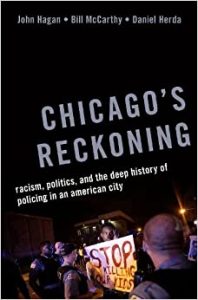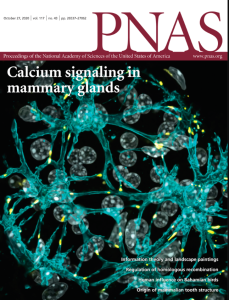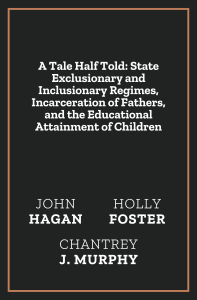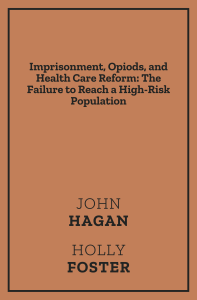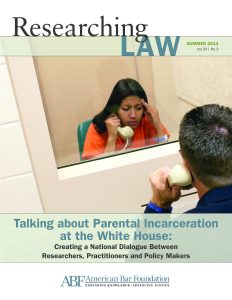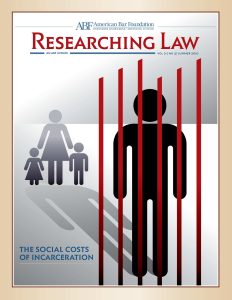For at least three decades, African American parents and their adolescent children have been at disproportionate risk of being imprisoned and removed from their families and communities. Some of these parents and children are now slowly returning to society. There is a growing research literature on individual behaviors which confirms that paternal incarceration is harmful for children. Yet there is still much to learn. States dominate criminal justice policymaking and are essential to our understanding of life course outcomes for parents and children. About half of prison inmates have children and the number of imprisoned mothers has risen, although since 2009, nearly a half million previously imprisoned parents have been returning to society annually. The primary goal of the proposed research is to increase our understanding of processes leading into and out of the exclusionary traps of mass incarceration experienced by these parents and children.
Exclusionary institutions such as prisons tend to shut people out, while inclusionary institutions such as schools and churches promise to incorporate them. In this study, the investigators join exclusionary and inclusionary perspectives on parental imprisonment with a life course approach to further advance understanding of how variation in state policies of parental incarceration alongside welfare and educational funding influence intergenerational outcomes for children. The research proposes to focus on (a) the family trajectories associated with variation across states in the imprisonment of Black and Latinx as contrasted with White parents and their offspring, (b) the patterns of youth profiling and punishment through which this variation has unfolded differently for minority youth compared to more privileged White youth, and (c) the later life course outcomes that have followed from these differences in racialized treatment.
This project represents an extension of prior work conducted by the investigators about the impact of mass incarceration on outcomes for the children of incarcerated parents. The investigators seek to examine whether state investments in families, children, and schools mitigate the negative effects of paternal incarceration on the educational achievement of their children, especially African American children of less well-educated parents. The analysis draws on two large datasets already collected (reflecting more than 8,000 respondents) with which the investigators have worked in the past.
This project is now supported by a National Science Foundation (NSF) research grant.



